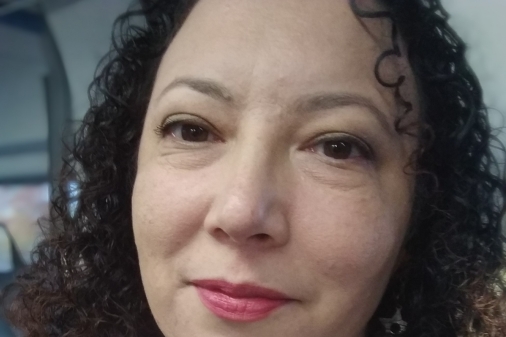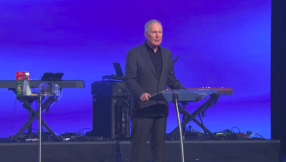
A woman who lost her job at a think tank after criticising transgender ideology on Twitter has won her appeal.
Maya Forstater took the Centre for Global Development (CGD) to court when her contract was not renewed after she posted tweets saying that "men cannot change into women" and "that sex is immutable and not to be conflated with gender identity".
She also expressed opposition towards proposed reforms of the Gender Recognition Act (GRA) to permit gender self-identification.
The 47-year-old was accused of "offensive and exclusionary" language, and initially lost her case at employment tribunal when judge James Taylor said that her views were "not worthy of respect in a democratic society".
An appeal panel led by Mr Justice Choudhury has now overturned that verdict and said that the employment tribunal "erred in law".
In its written judgment, he said Ms Forstater's beliefs were protected under the Equality Act because they "did not seek to destroy the rights of trans persons".
"Just as the legal recognition of civil partnerships does not negate the right of a person to believe that marriage should only apply to heterosexual couples, becoming the acquired gender 'for all purposes' within the meaning of GRA does not negate a person's right to believe, like the claimant, that as a matter of biology a trans person is still their natal sex," the judgment reads.
"Both beliefs may well be profoundly offensive and even distressing to many others, but they are beliefs that are and must be tolerated in a pluralist society."
Forstater welcomed the judgment but added that organisations must review their policies.
"Being free to hold a belief means the freedom from being harassed, discriminated against, or having your livelihood taken away from you if you express that belief," she said.
"It doesn't mean the freedom to harass others. That was never what my case was about.
"Gender-critical beliefs and gender identity beliefs are both protected under the Equality Act and so, too, is lack of belief.
"No one can be forced to profess a belief that they do not hold, like trans women are women, trans men are men, and [be] punished if they refuse.
"The judgment means that organisations now need to consider whether their policies, encouraged by trans rights organisations, discriminate against people with gender-critical views."
The Equality and Human Rights Commission, which intervened in defence of Forstater, said it was right that religious and philosophical beliefs be protected.
"We know that the subject matter of this case generates much heated debate," it said.
"However, we believe that it is to the benefit of the whole of society to ensure that people are protected from discrimination because of their religious or philosophical beliefs, even if those beliefs might be controversial.
"As the Employment Appeal Tribunal's judgment makes clear, this does not mean that actions or comments made based on such beliefs are free from consequences or that views should be left unchallenged. The right balance must be struck between the manifestation of belief and the rights of others.
"We will continue to stand up for the rights of everyone who may face discrimination or harassment because of a protected characteristic. This includes trans people."













